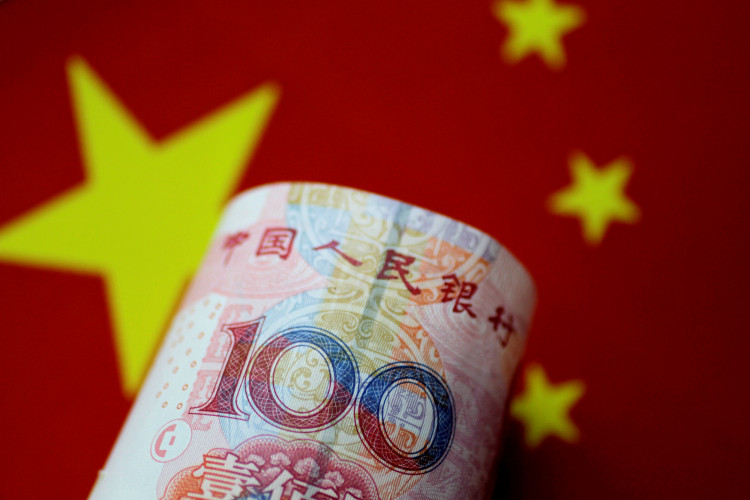The Asian stock exchange slightly increased and China stocks are loaded with foreign shares and bonds to address investor's gaps in portfolios. Foreign investments pour into the country besides the instability of the market, Yuan 's decline, and sell off in emerging markets.
Asian stock exchange increased slightly as Japan Nikkei, Hang Seng of Hong Kong and South Korea's Kospi which gained about 0.3% to 0.5%.
The stocks of the Shanghai Composite in China decreased by 0.4% after its two successive stock rises. The company's benchmark index fell by 23% after it reached its peak in January. Still, foreign buyers are not reluctant in investing in the second largest economy in the world. China's debt and equity market attracted an estimated $115 billion of overseas investment from the months of January to July. It is significantly higher than its $33 billion during the same period of 2017.
PingAn Insurance quarterly earnings increased by 4.6% or 73.60 Hong Kong dollars which exceeded forecasts and their stock remained 24 percent below their record in January.
Offshore investors have the largest investments of $1.24 billion net holding of Chinese bonds in Shanghai and Shenzhen through a commercial link, Stock Connect, with Hong Kong within seven years.
There is a considerable increase in the value of Yuan. The People's Bank of China increased the currency's value for four consecutive sessions by 0.1 percent which is stronger by 6.827 when to compared to a US dollar. This is the recorded longest series of the strongest corrections in the currency's value since March. The corrections were based on the previous day's values and it allows trading to increase or decrease by 2 percent of the value in mainland China.
Investment in China is limited due to its economy and long-term market potential but as investments flow in its openness to foreign investors is gradually changing.
Fan Cheuk Wan, Head of Asia's investment and consulting strategy at HSBC Private Banking in Hong Kong said that international investors are "understaffed" of Chinese assets and these investors will probably continue to invest.
Deng Wenyuan, an analyst at Soochow Securities said that there is still lack of trust and pessimism among investors about the outlook for the economy has the upper hand. Deng added that weak indicators in July that range from slow investment in fixed assets to retail sales suggests that there is earnings growth among listed companies have a chance to fluctuate this mid-year.




